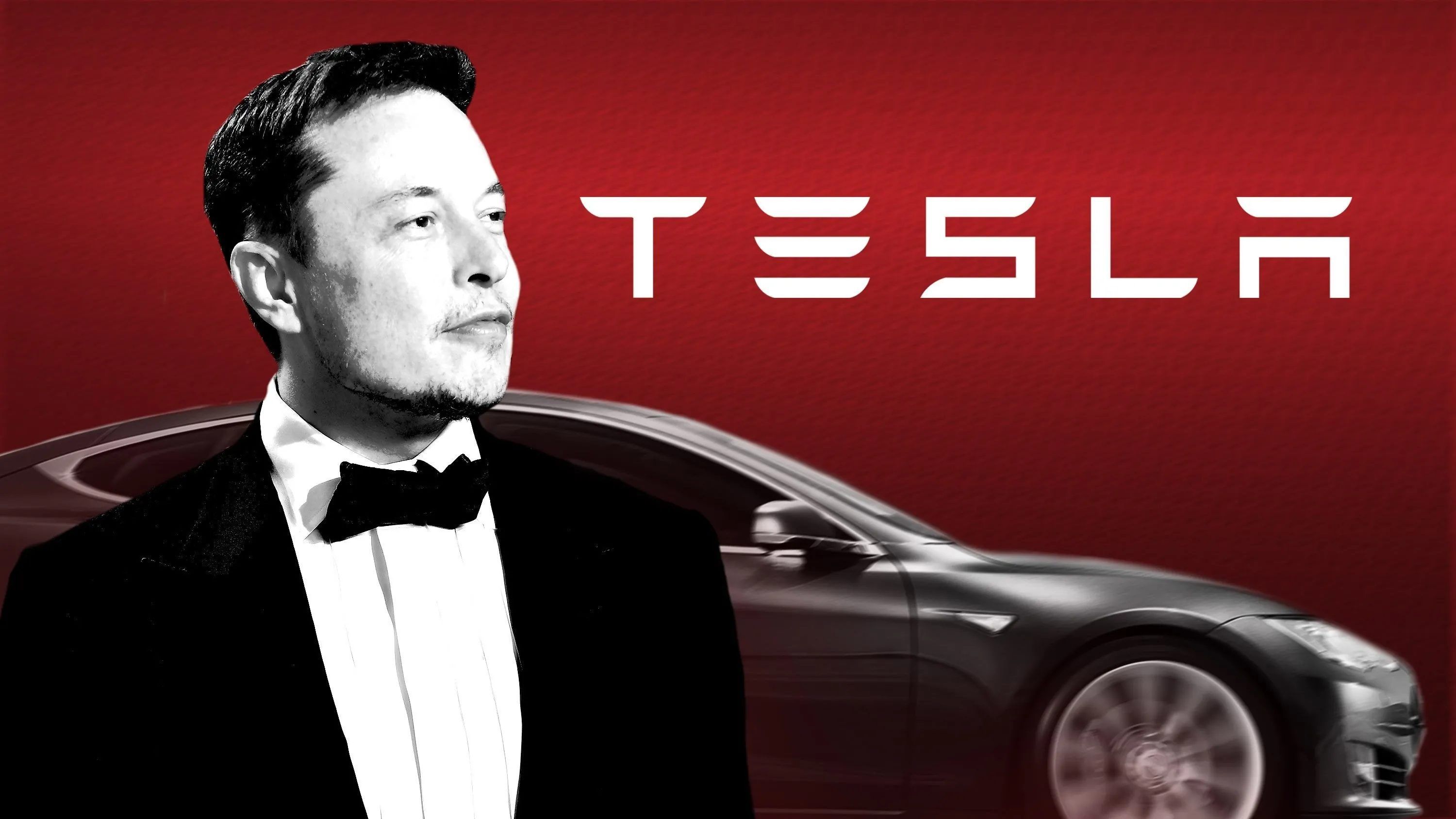7857
0
Tesla's Sharp Fall Splits Analysts Over Stocks' Trend
Tesla's stock is down more than 40% this year as a broad-based sell-off in high-growth companies. Here are the details about the subject...

Yazar: Charles Porter
Yayınlanma: 30 Mayıs 2022 07:59
Güncellenme: 23 Şubat 2026 23:59
Tesla's Sharp Fall Splits Analysts Over Stocks' Trend
Tesla stock is down more than 40% this year as a broad-based sell-off in high-growth companies
Tesla's Sharp Fall. Analysts warn it's becoming impossible to ignore the electric car maker's challenges in China. Elon Musk's bid to buy Twitter also weighs heavily on stocks Shares of Tesla (NASDAQ:TSLA), the world's largest electric car maker, have fallen sharply for more than a month, closing almost 7% at $628.16 on Tuesday. Shares of Tesla paints a very bad macroeconomic picture, suffering from a number of factors, including the rise in COVID cases in China and Elon Musk's commitment to buy Twitter (NYSE:TWTR) in a $44 billion deal. Unlike last year's fixes, which Tesla had managed to rebound quickly, this time things look a little different. Amid broad-based sales at high-growth companies, losses in Tesla stock (the stock is down more than 47% to date) have fallen much faster than other market leaders like Apple (NASDAQ:AAPL), Apple shares fell more than 20% this year. So far, Tesla has successfully managed existing global supply disruptions and rising raw material costs more effectively than the competition. It has made a profit for 11 consecutive quarters while consistently outperforming analysts' production estimates. However, there are signs that the latest coronavirus outbreak in China, which has extended the already ongoing quarantines leading to multiple production cuts at its Shanghai factory, will hurt production in the second quarter. In a recent note, Morgan Stanley analyst Adam Jonas warned that Chinese supply restrictions could potentially cause a "significant" loss in deliveries in the second quarter. Analysts' average estimates for Tesla's second-quarter deliveries are around 303,000 units, down 12% from the end of March, according to Bloomberg data. Uncertainty Surrounding Twitter Deal In addition to the quarantine of China and the worsening macroeconomic environment, it doesn't help much that Elon Musk is trying to provide favorable conditions for Twitter's acquisition. The billionaire Tesla CEO recently tweeted that the deal is "on hold" until he gets more information about the part of the social media platform whose users have spam accounts. This happened as shares of both Tesla and Twitter, which Musk relied on to finance the deal, fell. Twitter's board, meanwhile, said it plans to enact the deal, which calls on him to pay $54.20 per share. This uncertainty places a heavy burden on Tesla investors, who worry that Musk will have to sell most of his stake in the EV company to fund the deal. As if that wasn't enough: the deal also includes a $1 billion "reverse termination fee" that would be triggered if Musk pulls out of the deal. Given all these events, Tesla's recent problems have created a sharp split among the analyst community over the company's stock. Among the 42 analysts surveyed by Investing.com, although 22 respondents gave TSLA a buy rating, an almost equal number rated TSLA as either selling or neutral. Source: Investing.com The 12-month average price target of $973.84 marks a 55.03% gain, but the price range is wide: from $1,620 to the low of $250 this indicator shows just how uncertain analysts are about the future trajectory of the stock. In a note Tuesday, Bernstein said he was concerned that Elon Musk's acquisition of Twitter could cause Tesla shares to plummet further. On the note: "Perhaps the bigger - but less probable - financial risk is that Musk completes the deal, and TSLA's share price declines materially, triggering a margin call." But the Tesla bulls have a solid reason to stay loyal. Shares of Tesla have risen more than 22,000% since going public in 2010, giving investors a 58% annual return. The S&P 500, on the other hand, provided an average of 15% annual return of 373%, including dividends in the same period. Piper Sandler reiterated that Tesla's price outweighs, saying that the stock is still "a cornerstone". “We are reducing our estimates and price target to reflect the assumption of a higher WACC (weighted average cost of capital) in our DCF model, as well as the COVID-related weakness in China. However, we still consider TSLA as a cornerstone in any 'advanced mobility portfolio'. As a result Any pullback in Tesla stock is sure to be a lucrative trade for bottom buyers. But with production cuts in China, a worsening macro environment, and Musk's Twitter deal, things look a little different this time around, given the multiple challenges the company is facing.İLGİLİ HABERLER





European stocks soared and focus shifted to German retail sales after Powell's speech!

Forex Signal For TRY/USD: Inflation Slowdown in November.

Forex Signal For GBP/USD: Bullish Trend Still Not Breaking While Recovery Continues.

Forex Signal For EUR/USD: Starry US Data Points to Higher Fed Increases.

Forex Signal For BTC/USD: Downside Continues as Bitcoin Recovery Moves Less.
En Popüler Haberler
Yorum Yap
Yorumlar
Henüz yorum yapan yok! İlk yorumu siz yapın...